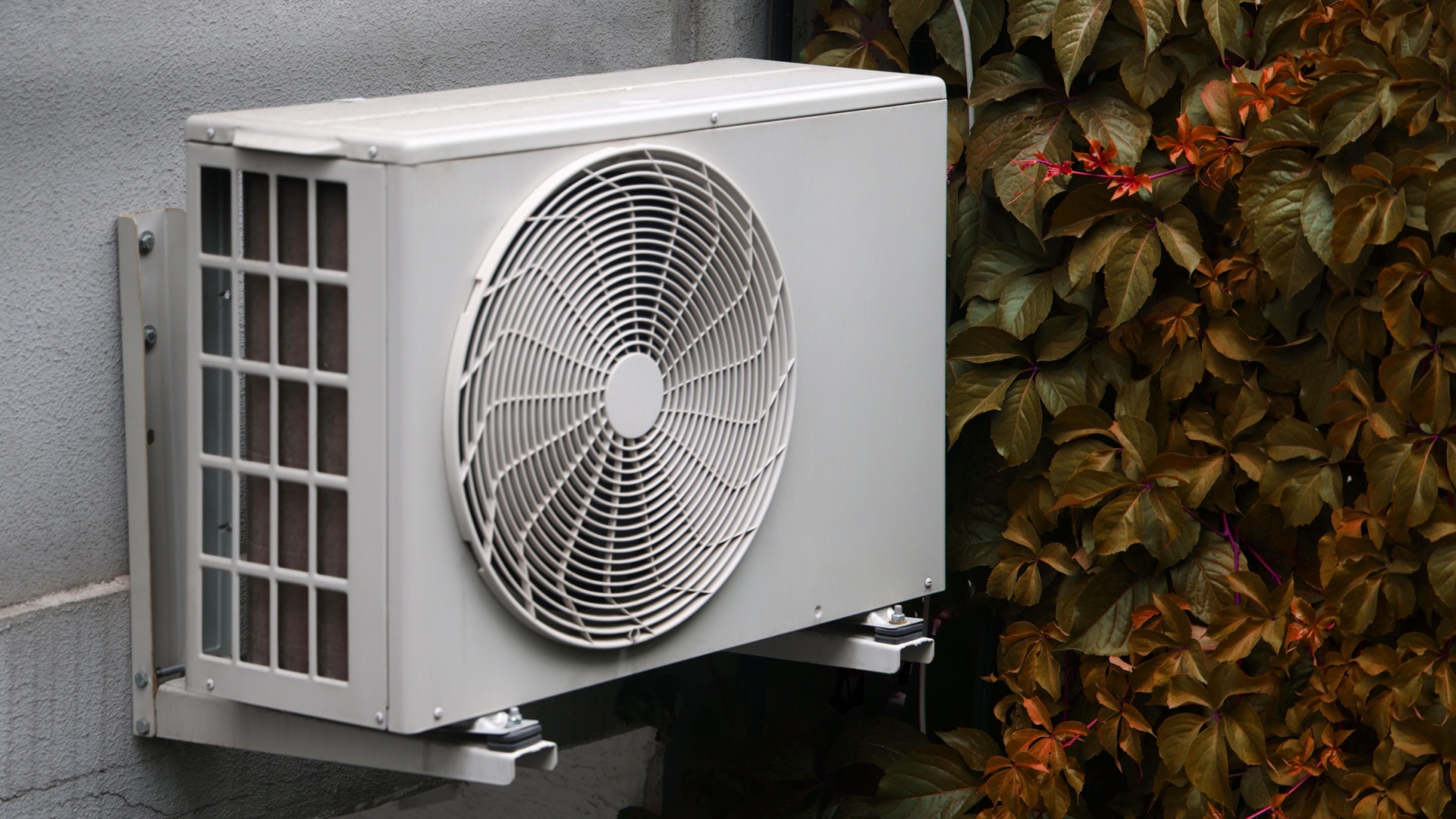AIR SOURCE HEAT PUMPS
Air source heat pump technology has improved immensely over the last decade, and they can function well in Manitoba’s climate. They provide clean energy and can help you save energy and money on your energy bills. Here are five important things to consider before you decide to upgrade, especially in Manitoba’s climate:
- Your air source heat pump should be designed to operate in cold temperatures — these are called cold climate air source heat pumps. They can operate in lower temperatures than standard air source heat pumps.
- While air source heat pumps work in colder temperatures, a back-up heating system — either electric or natural gas — is required in Manitoba. This back-up system will automatically turn on when the outdoor temperature drops below the heat pump’s operating temperature.
- In cold weather, air source heat pumps can produce condensation when they operate in defrost mode. We recommend installing your unit away from sidewalks to avoid potential slipping hazards and ice build-up on your heat pump.
- Air source heat pumps need to be located above the snow in the winter, usually by installing them on a stand or brackets. If your unit is installed on a stand, it needs to be on concrete pads or blocks to keep it stable. Units installed on brackets may require vibration pads. In any case, you may still need to shovel snow from around your unit.
- Air source heat pumps produce both sound and vibration. While many units are under 60 decibels, be sure to check how much sound your specific unit will produce. We also recommend installing the units away from bedroom windows.
An air source heat pump is a great energy-efficient and environmentally friendly option, but it’s worth considering these points to see if one is the right fit for you. If you have any questions that are specific to your home, we recommend reaching out to a registered Efficiency Manitoba supplier.
Check out the rest of our articles in our heat pump series.

